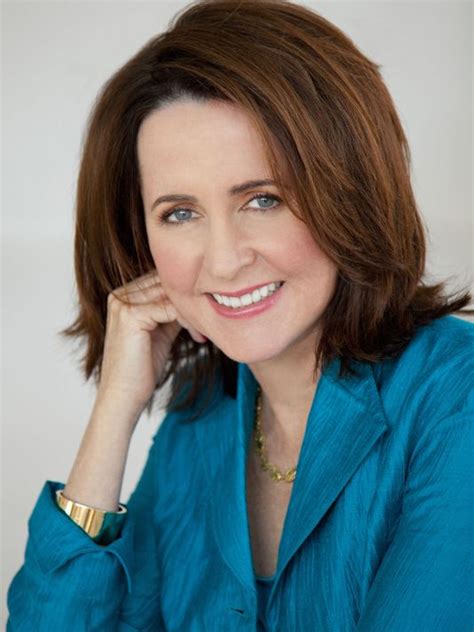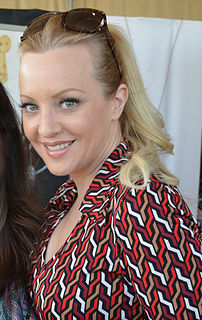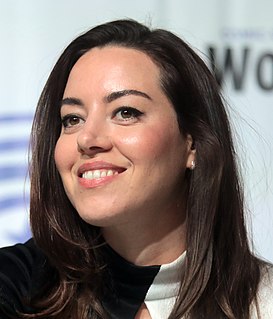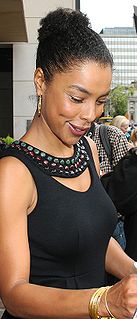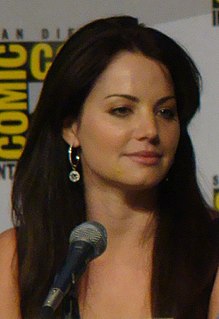A Quote by Michael Shannon
I think improv training really orients you to character development, more than taking a Strasberg class or Meisner class. Not only is it about developing character really quickly, but it's also about being a good partner in the scene.
Related Quotes
The acting background helped a lot when I started writing. I was training for it. In acting class they teach you about the stakes in a scene (and) what motivates characters. When you bring a scene to class - as an actor with your scene partner - you have to do everything. There's no producer, set decorator or anything like that. You and you partner have to do everything and that's kind of like facing the blank page as a writer.
Improv is more than just spitting out a bunch of funny stuff that's unrelated to the material. You have to stay in character, you have to react and respond as the character you're trying to play. You have to service the story, and I think improv training has helped with my listening, responding, and my audition technique. It's sounds so silly, but it's true. Because not only do you improvise during the audition, but once you get the part, they'll say, "Throw away everything. Just improv this scene. Do whatever you want." Someone could panic if they're not used to doing something like that.
I think with improv - and I say it all the time because it's become such a catch thing that you talk about improv - if the scene is well-written, you don't need to improv. But that being said, if something strikes you in the moment and, most importantly, you know where the scene is supposed to go, it's no different than method acting.
I think there's something really freeing about improv, that it's a collective, creative, in-the-moment piece. That's really exciting and really frustrating, because it's there and gone. There's an amazing interaction with the audience that happens because they are very much another scene partner. How they respond determines the kinds of stories we tell.
Class is something that I think seriously about and try to organise my politics around. I think there are lots of novels that don't really engage with questions of class at all, and they get less conversation about issues of social privilege than I do. But it's better to try and talk about it and maybe fail.

